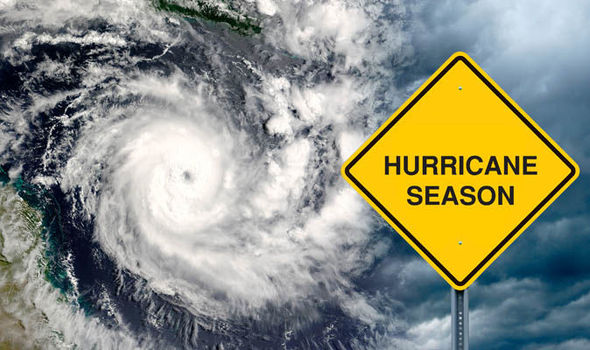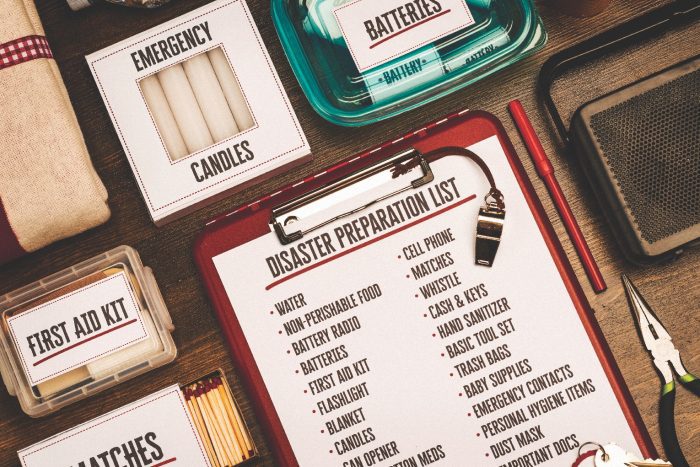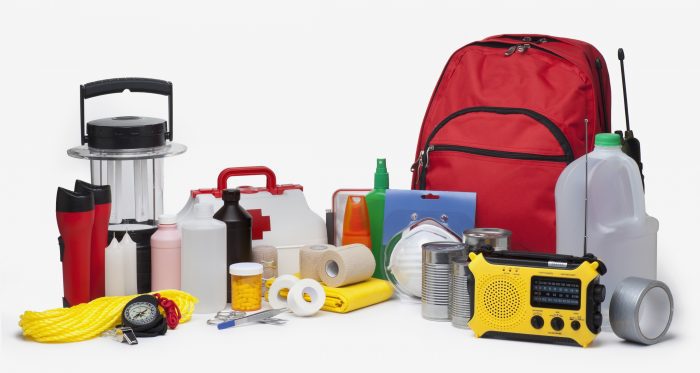Hurricane season is officially underway—and now is the time for Long Islanders to get prepared. From now through November 30, Long Island faces the potential for hurricanes and tropical storms—let’s make sure our communities are ready.
While major storms may not strike every year, even a single hurricane can cause widespread damage across Long Island. Here are some key tips and local resources to help you and your loved ones stay safe and ready, courtesy of Long Island Voluntary Organizations Active in Disaster (LIVOAD), a program of the Health & Welfare Council of Long Island (HWCLI).
Prepare Now with These Simple Steps: 
- Make an Emergency Plan – Know your evacuation zone and how you’ll communicate with family. Click here for information on how to make a plan today.
- Pack a Go-Bag – Include bottled water, shelf-stable food, medications, chargers, important documents, and a flashlight. Click here for information on how to build a go-bag.
- Stay Alert – Sign up for real-time weather updates through NY Alert.
- Check In On Others – Make sure elderly neighbors or those with disabilities are also prepared.
Take action now, and help protect your family, neighbors, and community.
To report an outage to PSEG:
Text OUT to PSEGLI at 773454 or visit: https://www.psegliny.
To Report a Downed Power Line to PSEG call: 1-800-490-0075
American Red Cross: How to Get Help:
https://www.redcross.org/
American Red Cross Preparedness Guide: https://www.redcross.
Hurricane Resources:
- Learn More about Hurricane Season and How to Prepare
- Start Preparing: Determine Your Risk
- Make an Emergency Plan
- Make an Emergency Plan for Your Office, Kid’s Day Care or Anywhere You Frequent
- Create a Continuity Plan for Your Business
- Review Important Documents
- Get Tech-Ready
- Build an Emergency Kit
- Learn Your Evacuation Zone
- Download the FEMA App
- Sign up for Alerts
- Hurricane Season Preparedness Digital Social Media Kit
Download the Hurricane Preparedness Flyer
Nassau County OEM:
- https://www.nassaucountyny.
gov/1620/Emergency-Management - Click here to sign up for Nassau County Emergency Alerts
Suffolk County OEM:
- https://www.suffolkcountyny.
gov/Departments/FRES/ - Click here to sign up for Suffolk County Emergency Alerts








